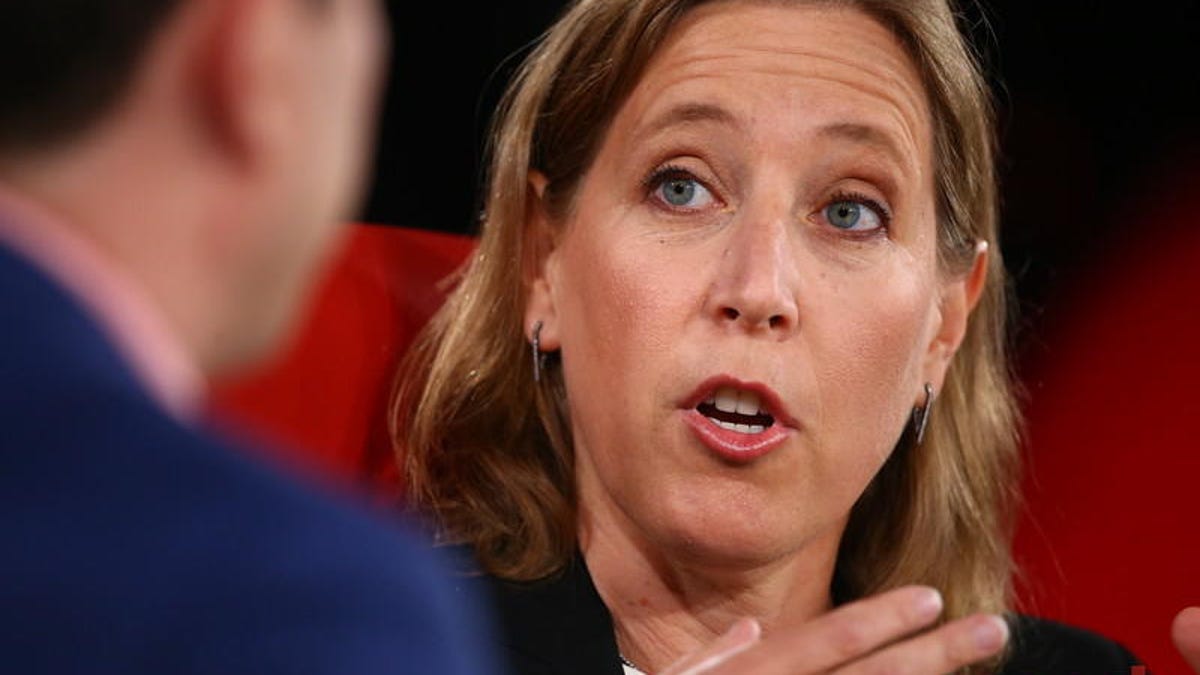YouTube CEO apologizes to LGBT community for 'hurtful' decision
Still, Susan Wojcicki defends the call to not take down conservative comedian Steven Crowder's channel.

YouTube CEO Susan Wojcicki
YouTube CEO Susan Wojcicki on Monday apologized for hurting the LGBT community over a controversial decision not to take down a prominent user's channel for hurling homophobic slurs at a journalist who is gay.
Last week, YouTube, which is owned by Google, drew blowback for not taking stricter actions against a conservative comedian named Steven Crowder, who targeted Carlos Maza, a writer and video host for Vox. Masa created a supercut of Crowder calling him a "lispy sprite" and "little queer."
YouTube said Crowder's videos didn't violate the site's rules. The company later said it would demonetize Crowder's channel.
"I am truly, truly sorry," Wojcicki said at the Code Conference in Scottsdale, Arizona. "I know it was hurtful to the LGBT community. That was not the intention."
But even though Wojcicki apologized, she said she stood behind the decision, adding that the company had to be "consistent" in its policies. "If we took down that content, there would be so (much) other content we'd need to take down," she said. "We don't want to be knee-jerk."
In response to the decision, LGBT Google employees were reportedly furious with the company. The San Francisco Pride Board also reportedly considered excluding Google from its parade over the controversy.
Platforms like YouTube, Facebook and Twitter are facing intense scrutiny for their ability to police the content on their platforms. Facebook in March announced it was banning white nationalist and separatist content. But it has also faced blowback for its decision to leave up a video of House Speaker Nancy Pelosi that had been doctored to make her appear drunk. (YouTube decided the video was inappropriate and removed it from its service.)
Last week -- a day after the Crowder controversy began to roil the company -- YouTube said it was cracking down on hate speech by removing videos that push extremist views like white supremacy or deny events like the Holocaust or Sandy Hook shooting. The new rules prohibit any video "alleging that a group is superior in order to justify discrimination, segregation or exclusion based on qualities like age, gender, race, caste, religion, sexual orientation or veteran status."

